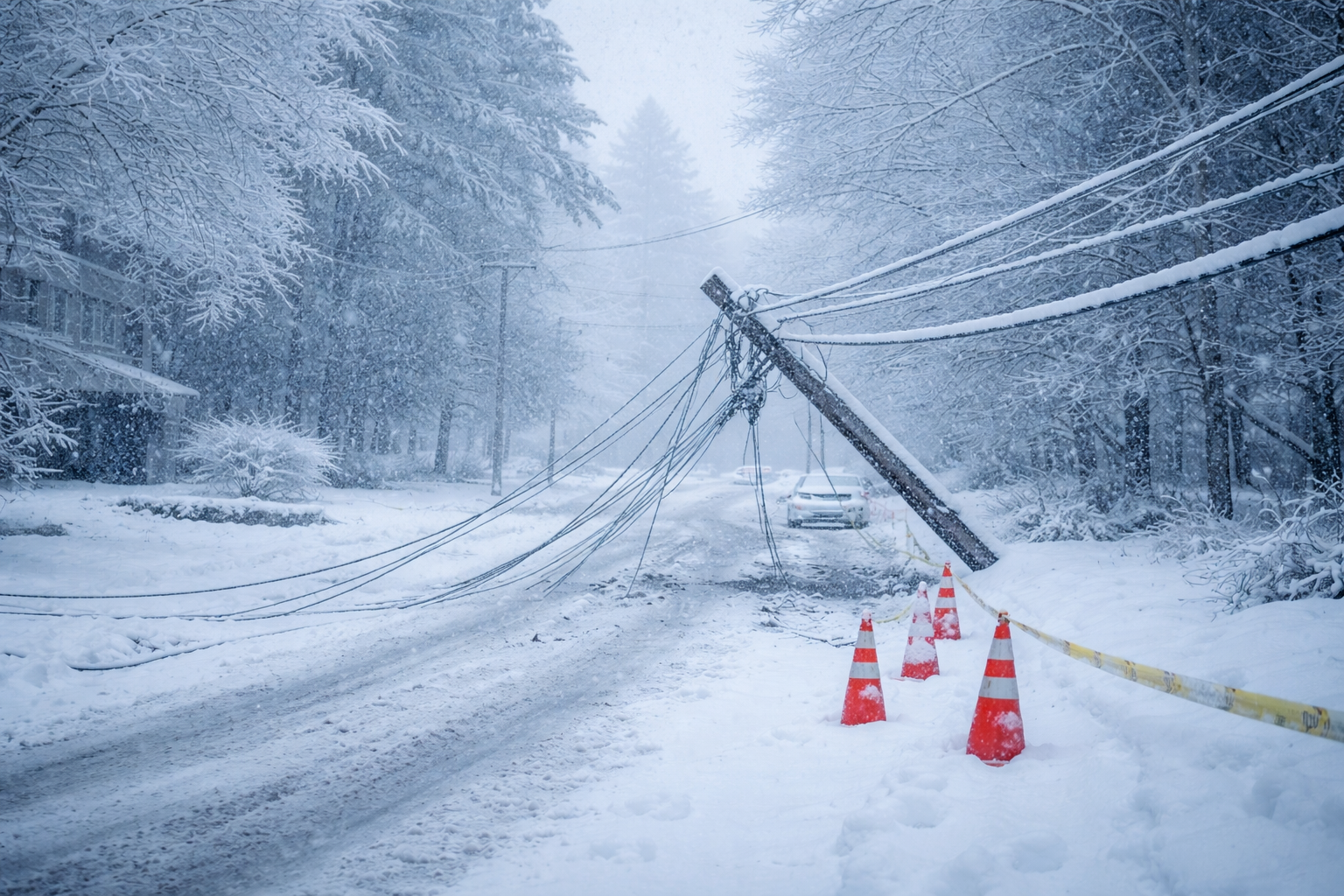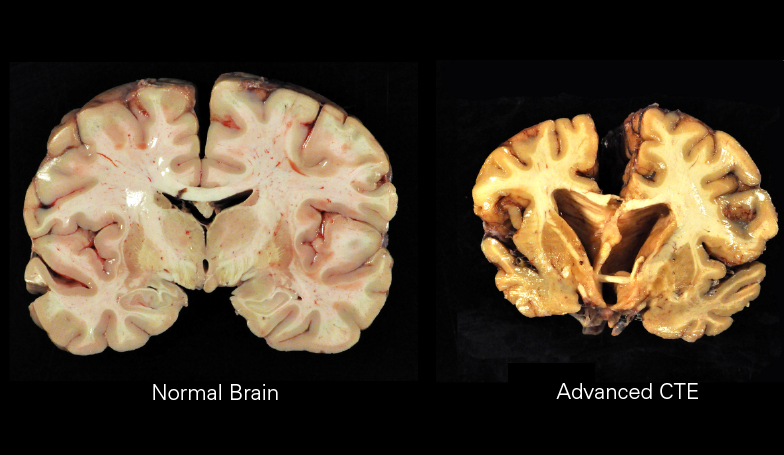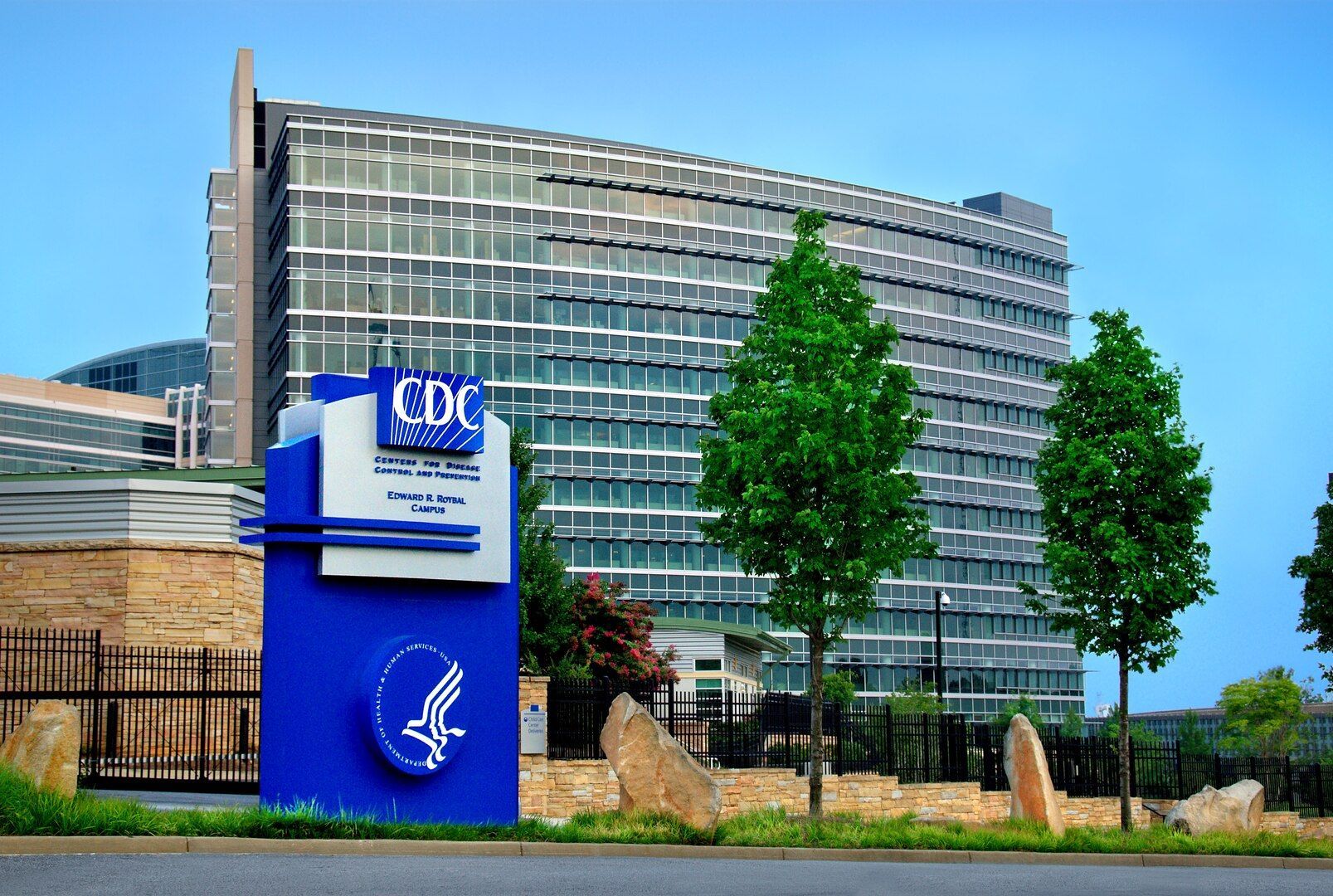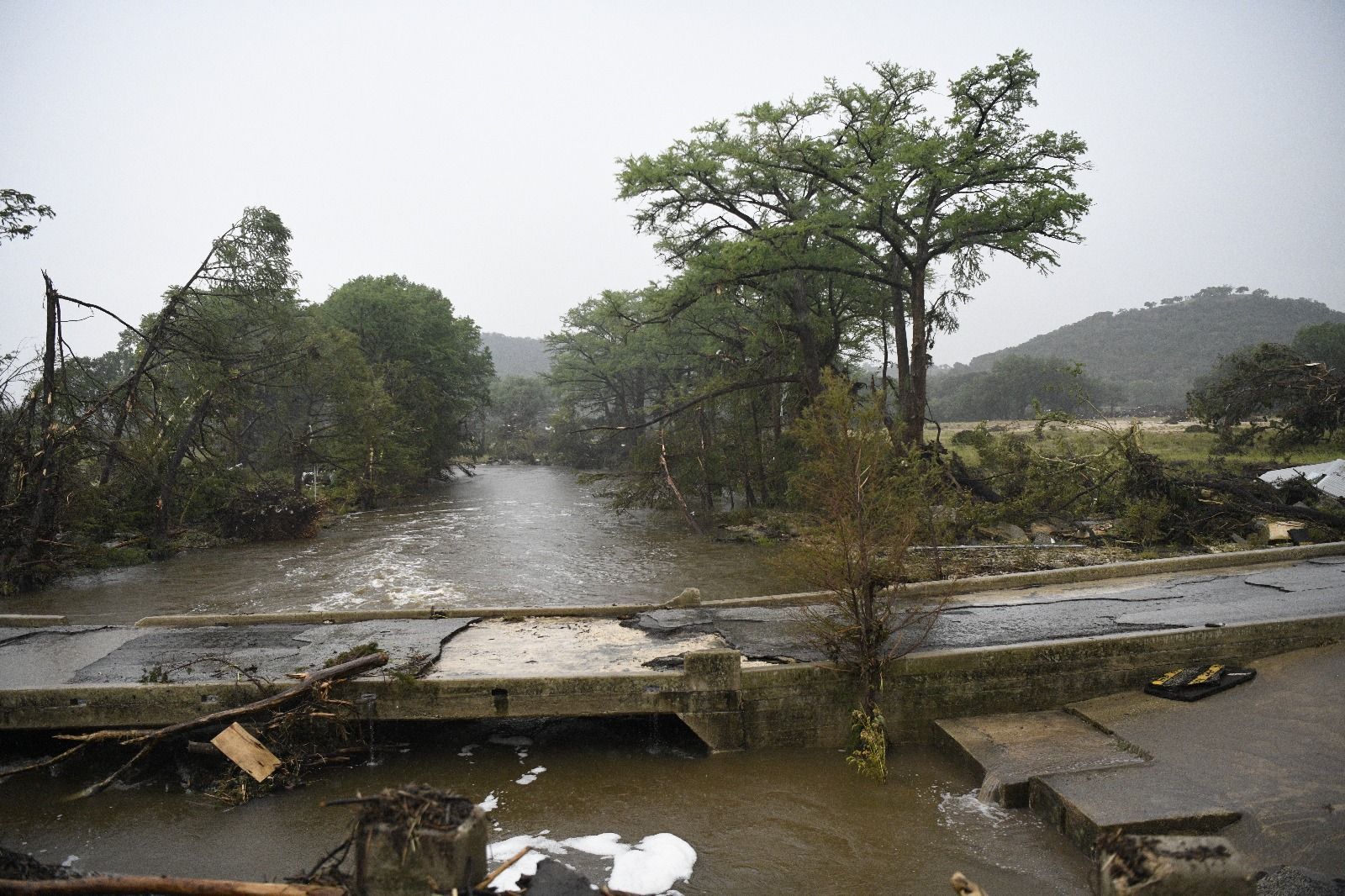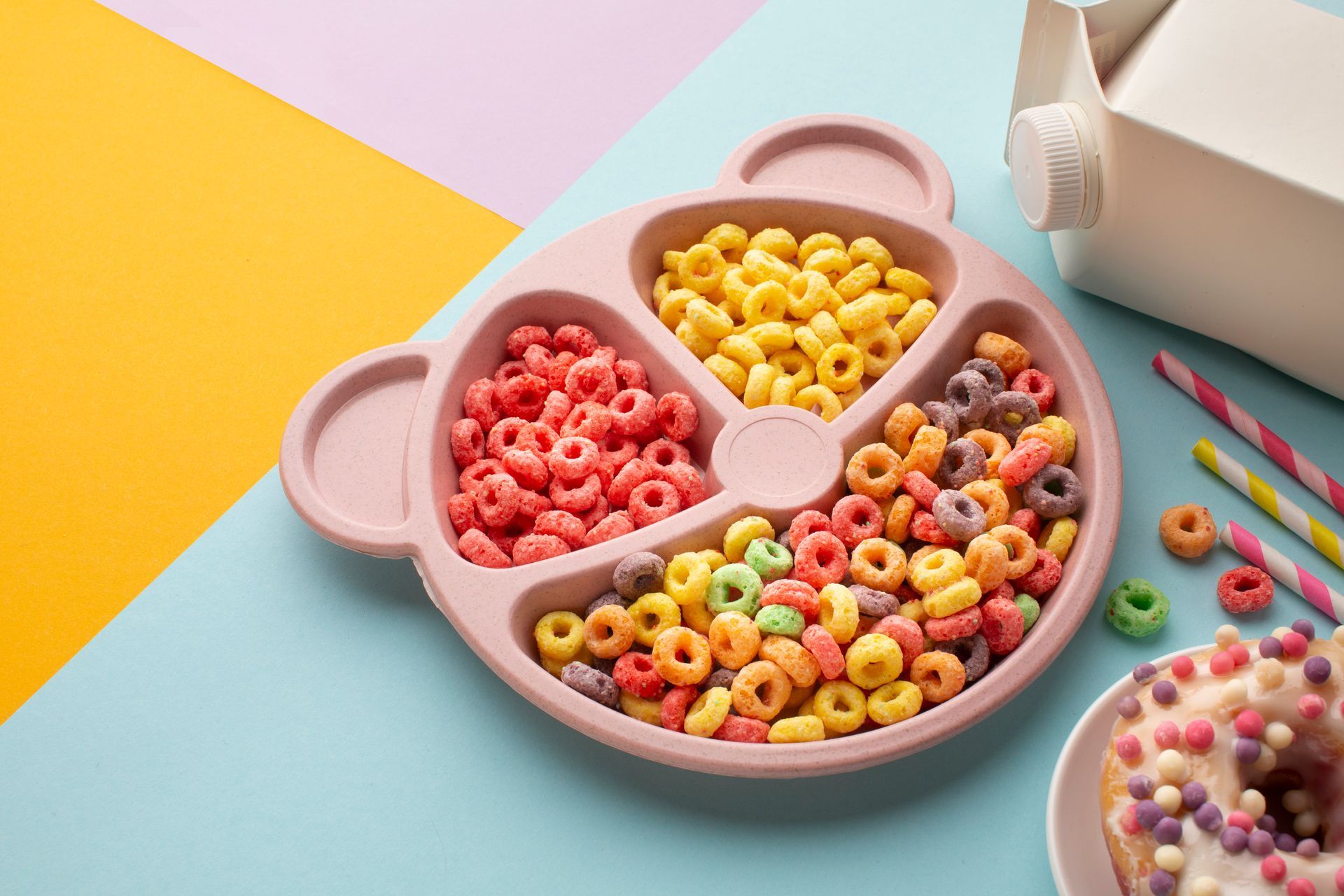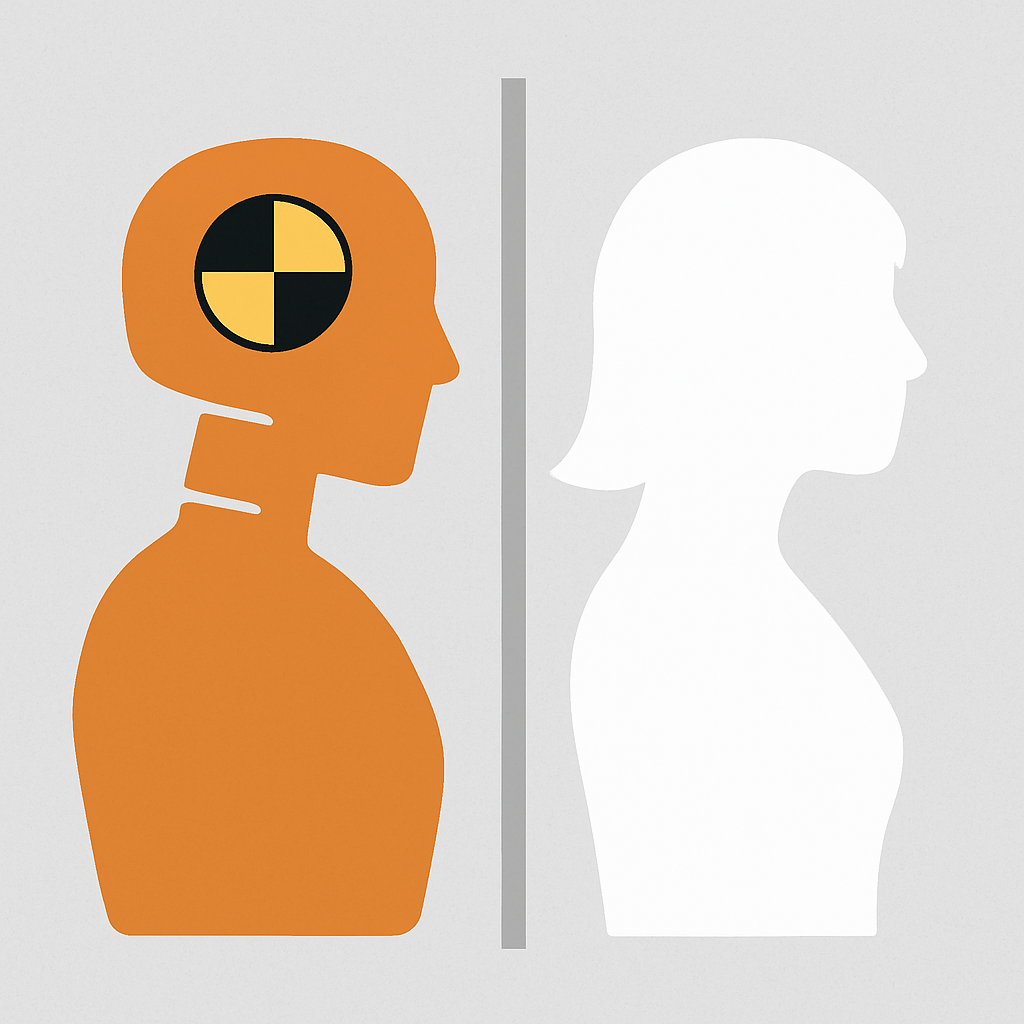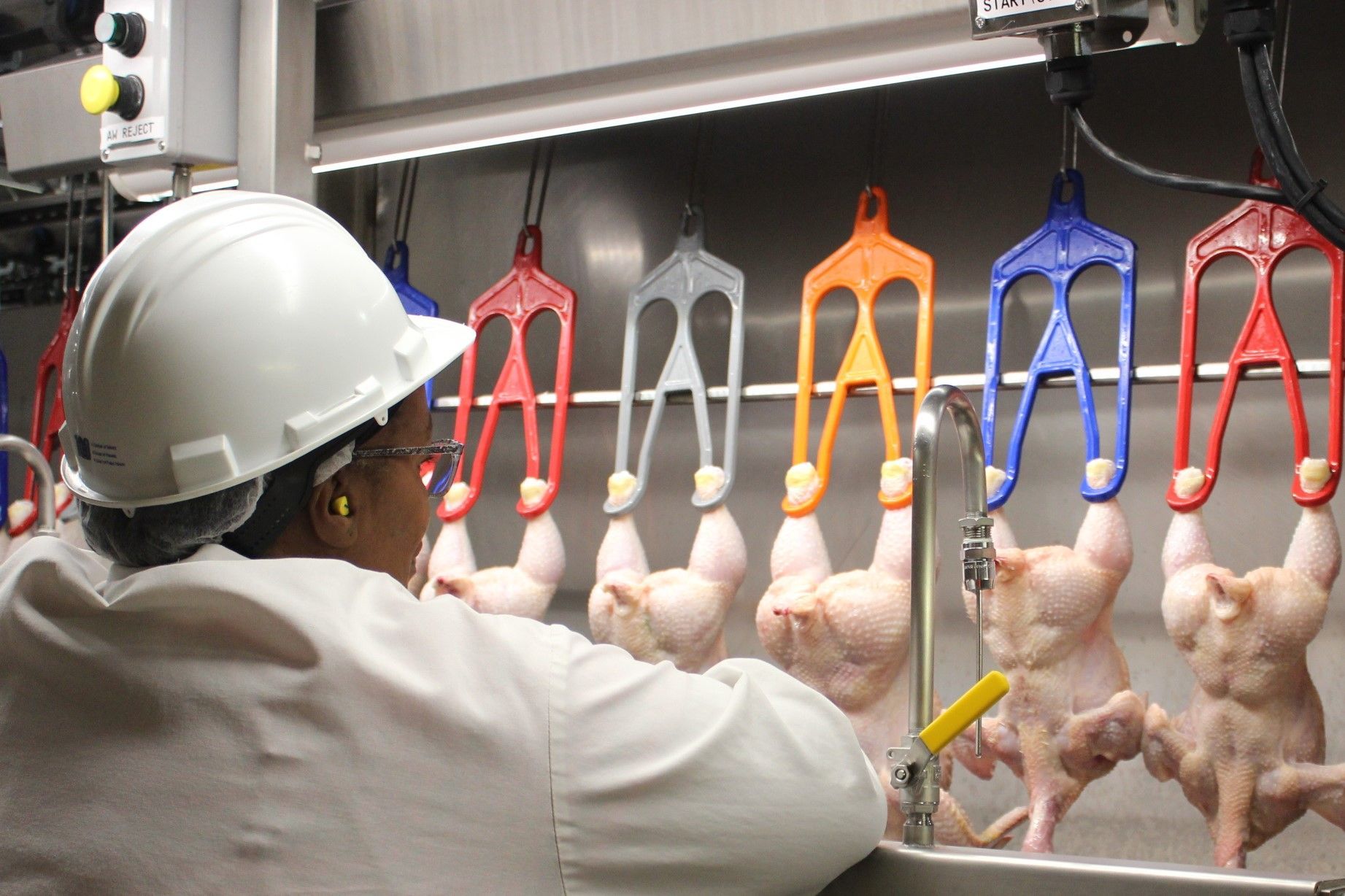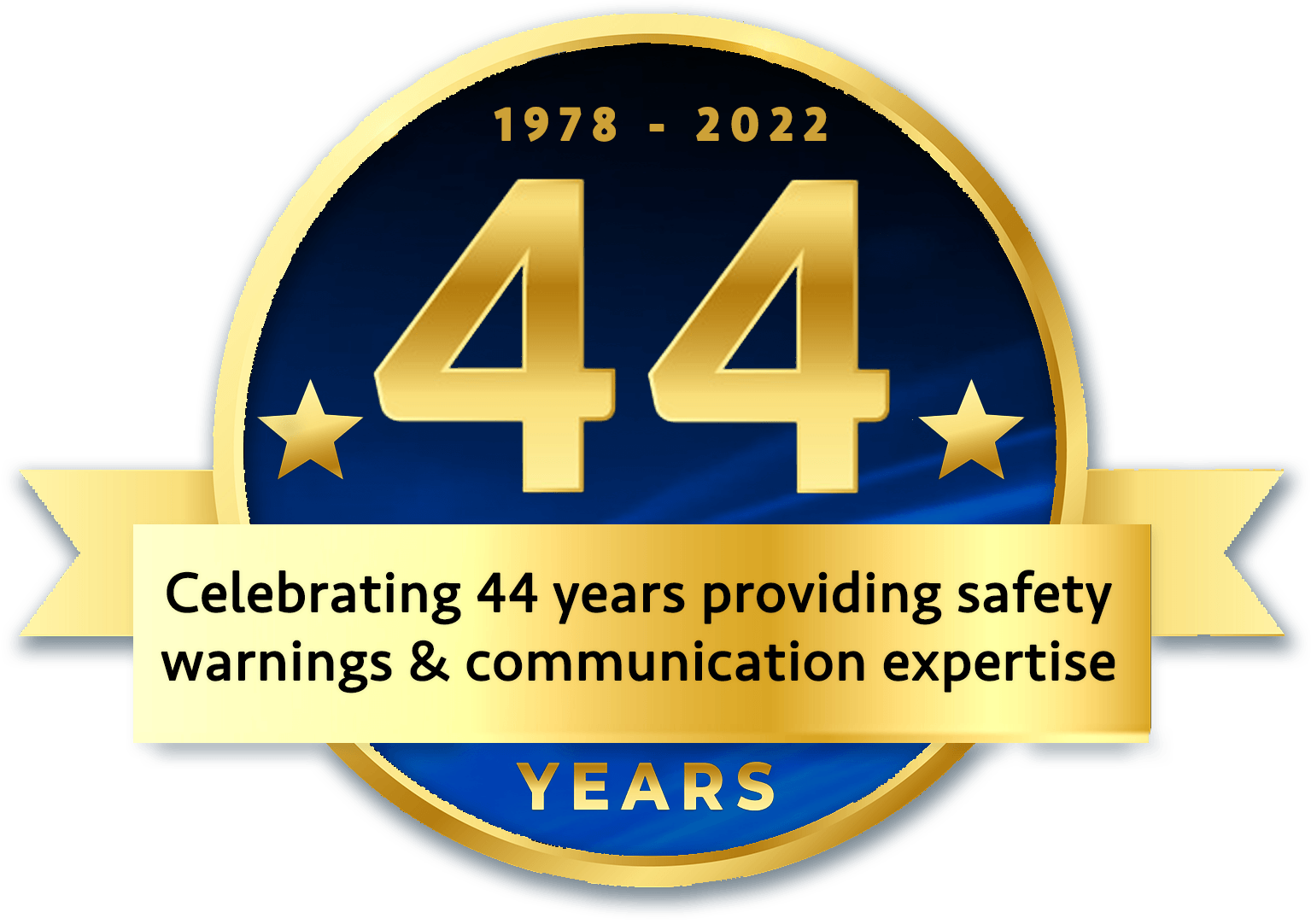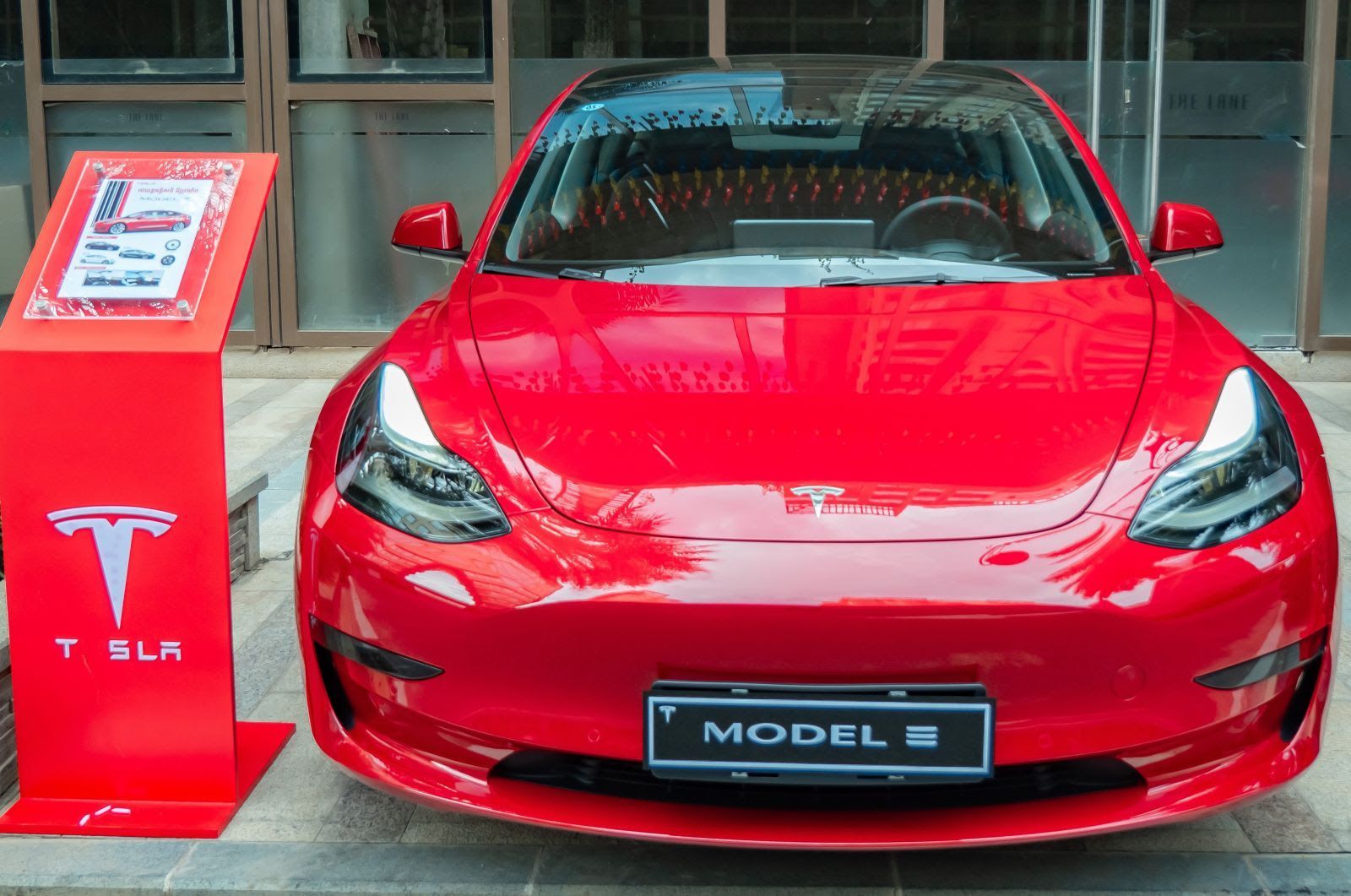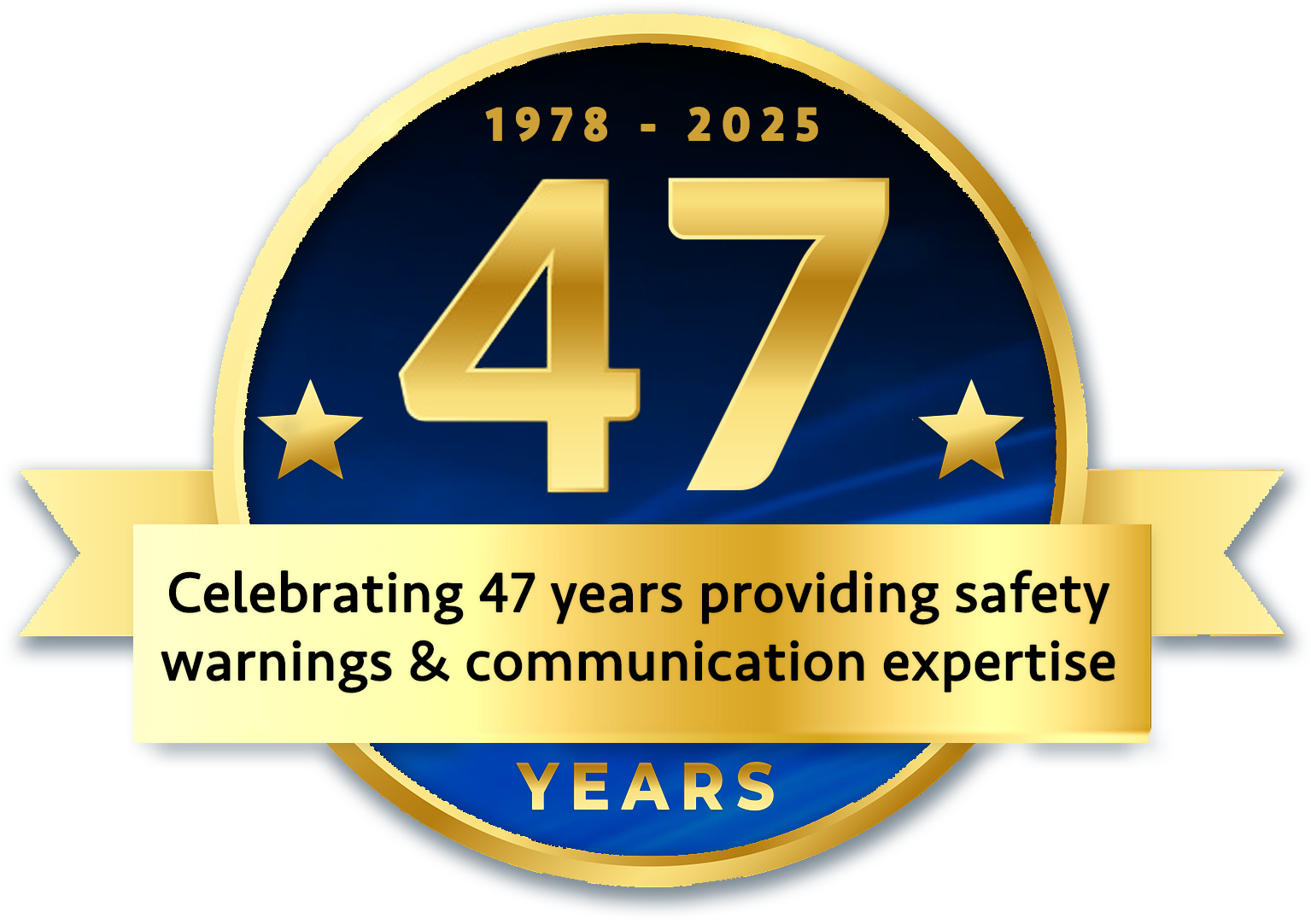According to the New York Times Magazine (1/22/23, p.29), "in China, a Tesla slammed into the back of a street sweeper. In Florida, a Tesla hit a tractor-trailer that was stretched across two lanes of a highway. During a downpour in Indiana, a Tesla Model 3 hydroplaned off the road and burst into flames. In the Florida Keys, a Model S drove through an intersection and killed a pedestrian. In New York, a Model Y struck a man who was changing his tire on the shoulder of the Long Island Expressway. In Montana, a Tesla steered unexpectedly into a highway barrier. Then the same thing happened in Dallas and in Mountain View and in San Jose." While it is true that in recent years, there have been on average more than 10-11 million accidents/year resulting in approximately 5 million injuries and 40,000 deaths/year, it is also true that Elon Musk and other developers of full self-driving (FSD) vehicles have promised us we'd be safer with their products than with our standard vehicles. But are we safer with FSD (or automatic) vehicles?
DOES TESLA'S FULL SELF-DRIVING SYSTEM ADEQUATELY WARN DRIVERS?
"My guess as to when we would think it is safe for somebody to essentially fall asleep and wake up at their destination: probably toward the end of next year. I would say I am certain of that. That is not a question mark." (Elon Musk, 2019). Since he made these obviously wrong, over-promised predictions about the future of his "autonomous vehicle" project, Tesla has been embroiled in dozens and dozens of major lawsuits, some even around the world.
So what's the bottom line? Is it safe to drive a Tesla with its Autopilot system engaged? One thing is certain: Tesla is still involved in its national beta-testing program where volunteer drivers (in the tens of thousands) are actively and eagerly, despite all of its potential flaws, active lawsuits and NHTSA investigations, still testing the system on both local roads and highways. As the Warnings Doctor, I have a "wait and see" attitude. I will wait for the completion of both the NHTSA investigations and Tesla's own beta testing before I draw any conclusions about my own safety and that of my loved ones.
Check out my latest podcast "EXPOSED! An Exclusive Look Behind the Curtain of Corporate Greed"
Check out my book "Murder, Inc.: How Unregulated Industry Kills or Injures Thousands of Americans Every Year...And What You Can Do About It". Available in Hardcover, Paperback, Kindle & Audiobook on Amazon now.
